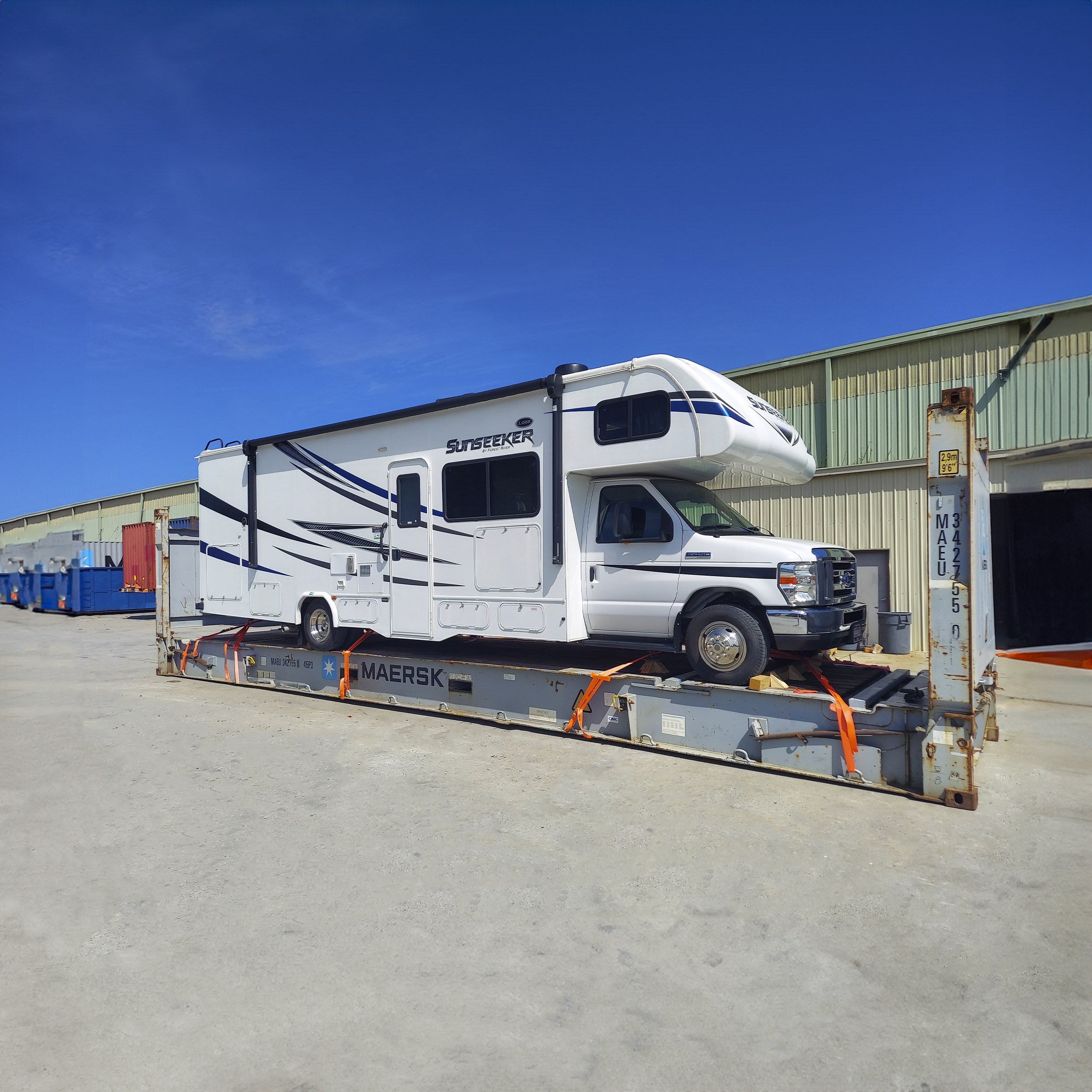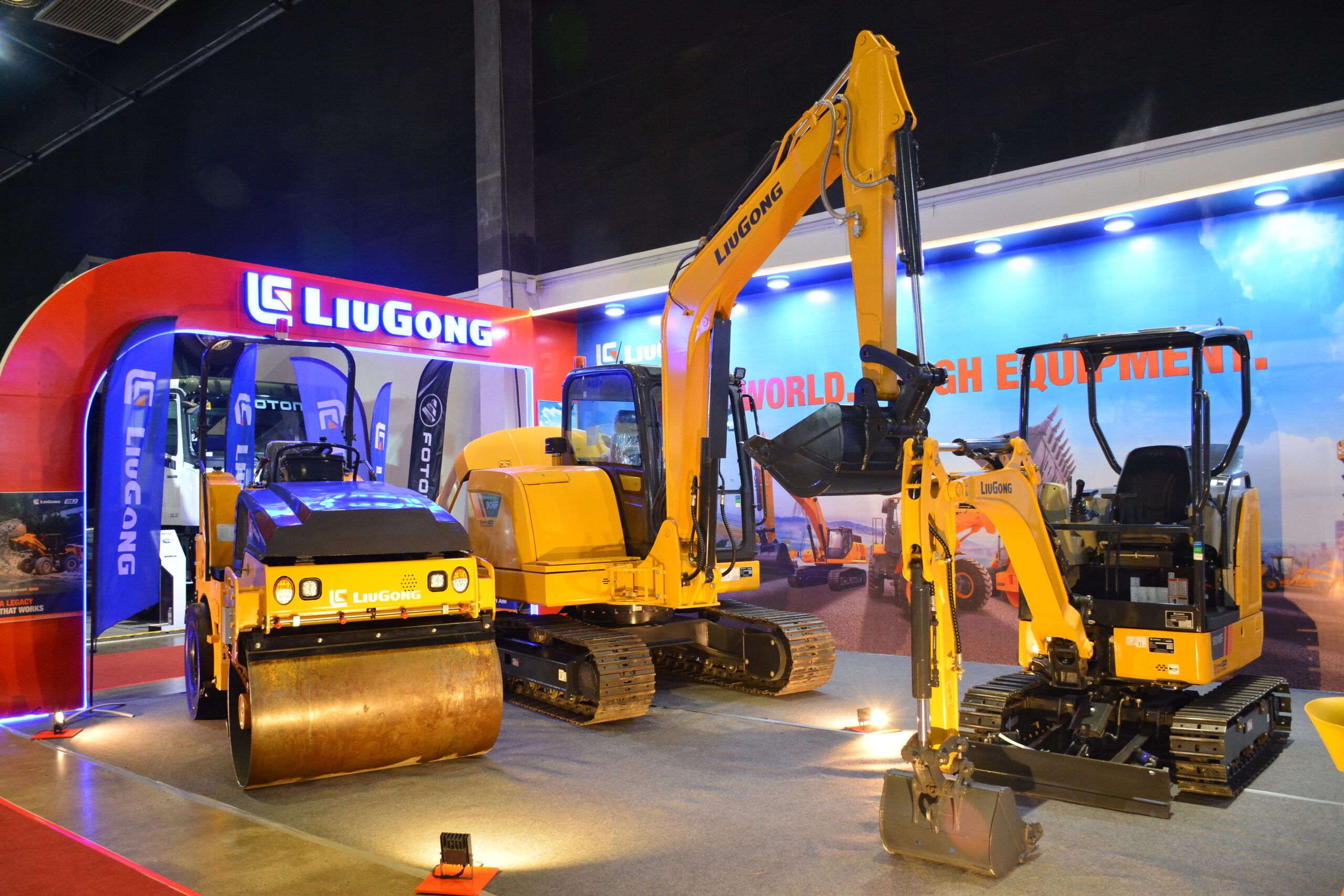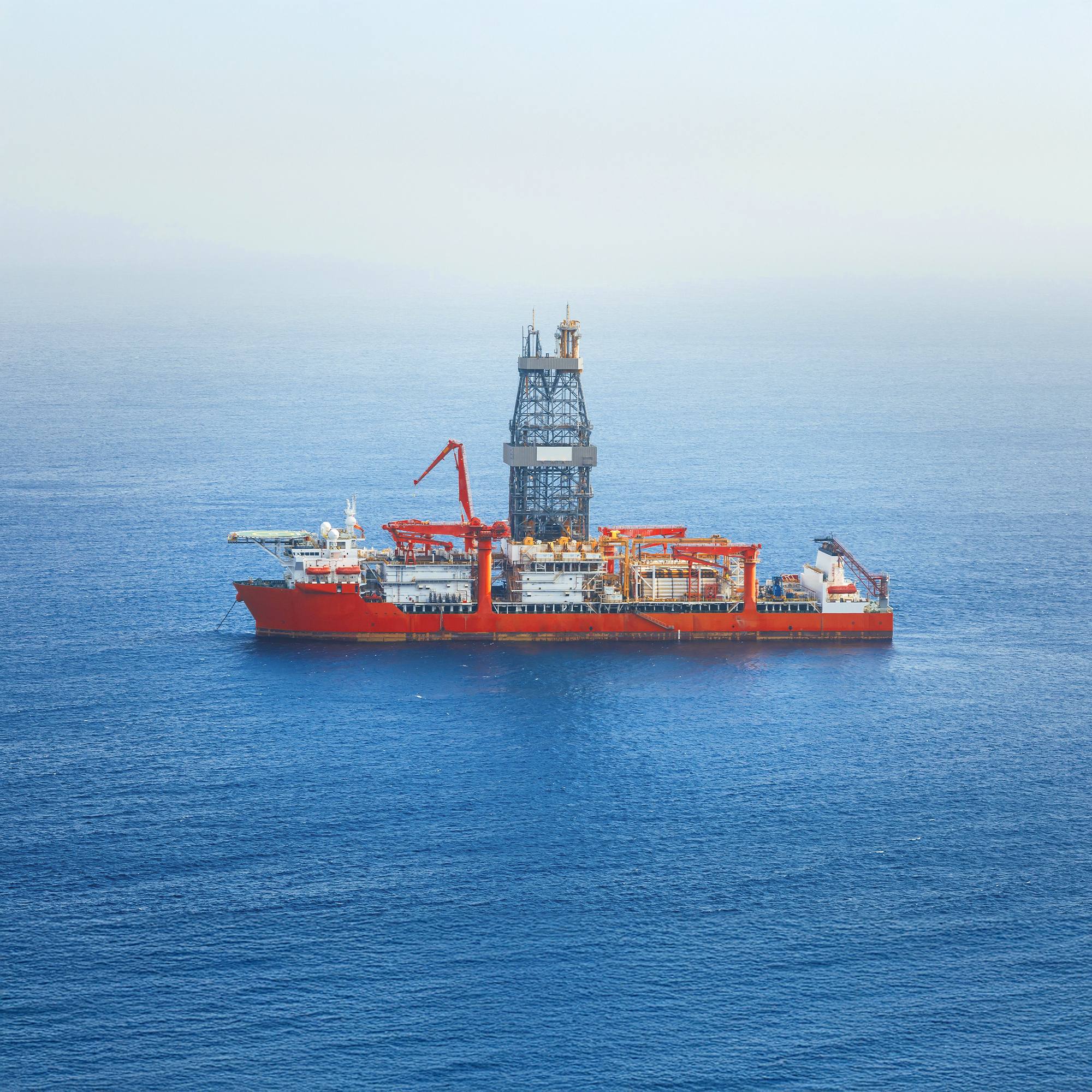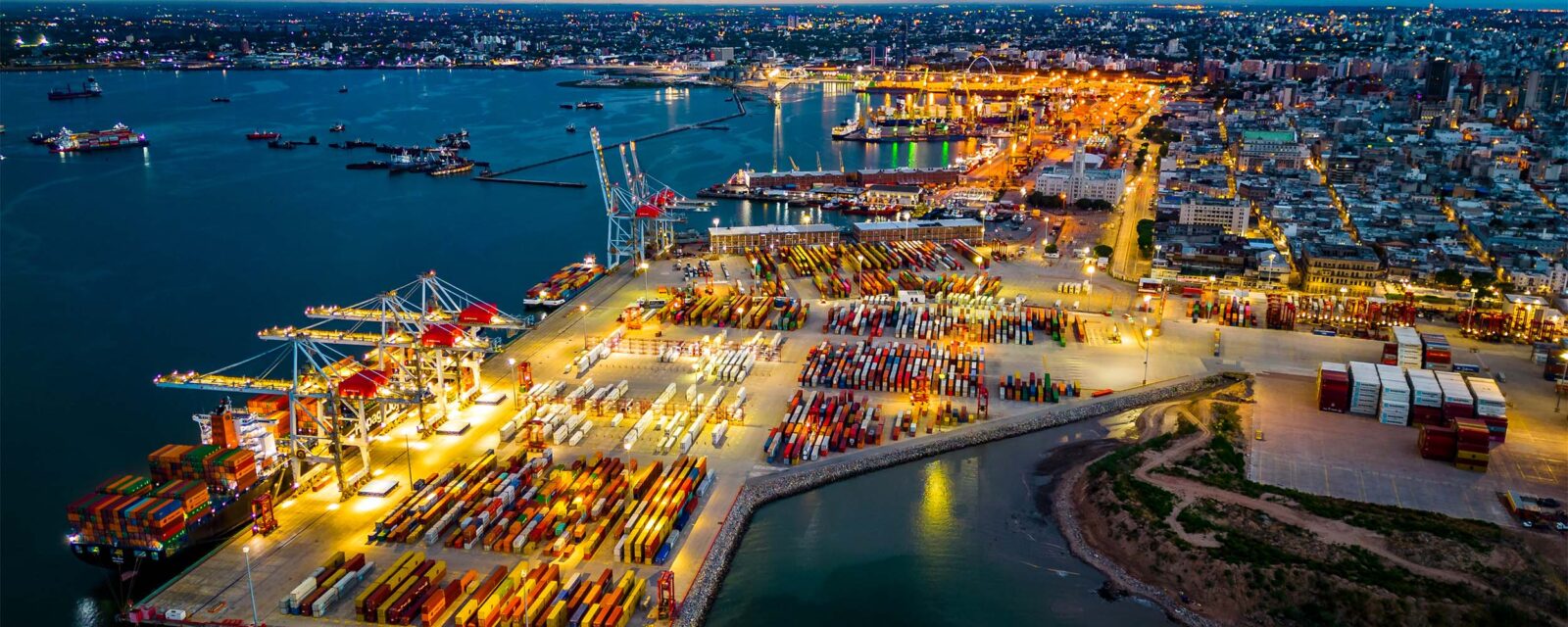
Atlantic Project Cargo provides customized solutions for multimodal freight transport between the USA and Uruguay, focusing on heavy machinery, yachts, perishables, healthcare equipment, and high-tech items.
Shipping heavy and oversized equipment internationally requires knowledge of the destination country’s trade environment, regulations, and industrial profile. With its stable economy and growing trade relationship with the United States, Uruguay is an increasingly attractive destination for such shipments.
Facts About Uruguay
Uruguay is a dynamic South American country with characteristics vital for international businesses. The primary language is Spanish, which is important for communication and business transactions.
Uruguay has a population of approximately 3.5 million people. The country operates in the Uruguay Time Zone (UYT), which is essential for accurately scheduling and coordinating business dealings. The currency is the Uruguayan Peso (UYU), which is known for its stability and provides a predictable financial environment for international commerce.
Uruguay’s Trade Overview
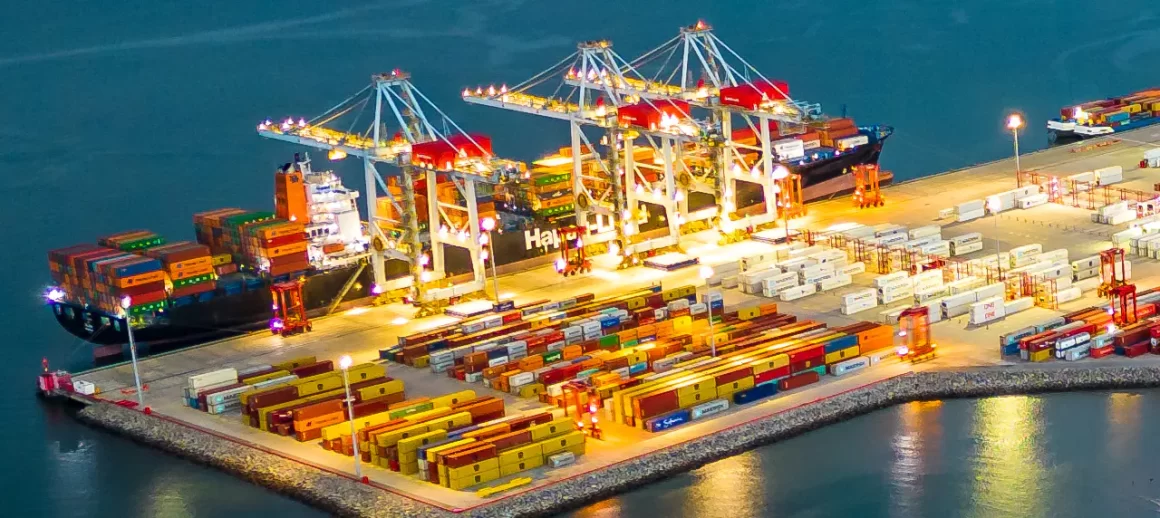
Uruguay maintains a solid trade relationship with various countries, including the United States. The exchange of heavy and oversized equipment plays a vital role in this relationship, supporting the growth of multiple sectors in both nations. The export and import of such equipment are facilitated by established freight and transportation networks.
Heavy Equipment For Major Industries In Uruguay
Uruguay, with its diverse economy, often requires the import of heavy and oversized equipment to support its industries.
- The agricultural sector, a significant contributor to Uruguay’s GDP, frequently imports tractors, combine harvesters, and plowing equipment
- Uruguay’s growing renewable energy sector imports wind turbine components and solar panel machinery
- The construction industry demands cranes, concrete mixers, pavers, and earthmovers
- Uruguay’s maritime industry, essential for its economy, requires the shipping of dredging machines, large boats, submersibles, and recreational boats like yachts
It’s important to note that, while welcoming such imports, Uruguay enforces strict customs and quarantine regulations to ensure environmental safety and compliance with local standards.
Opportunities When Exporting To Uruguay
- Mining Equipment
Uruguay’s mining sector provides opportunities for exporting mining equipment like drill rigs and earthmovers - Construction Machinery
Shipping heavy construction machinery can meet the needs of Uruguay’s growing construction sector - Agricultural Machinery
Tractors, harvesters, and irrigation systems are vital for Uruguay’s agricultural sector - Renewable Energy Equipment
Exporting renewable energy equipment like wind turbines and solar panels can support Uruguay’s renewable energy initiatives - Transportation and Logistics Equipment
Heavy-duty trucks, trailers, and logistic equipment can significantly impact Uruguay’s transportation sector
Challenges When Exporting To Uruguay
Exporting heavy and oversized equipment to Uruguay presents challenges that require careful planning and adherence to regulations.
- Regulatory Compliance
Uruguay has specific regulations for importing heavy machinery and equipment. Compliance is crucial to avoid delays and additional costs - Customs Clearance and Duties
Understanding Uruguay’s customs process and applicable duties is essential for smooth transactions - Local Competition
Local suppliers may offer lower operational costs and established customer relationships - Technical Support and After-Sales Service
Establishing local service centers or partnerships in Uruguay is important for customer satisfaction - Environmental Concerns
Imported equipment must meet Uruguay’s ecological standards to avoid legal issues and reputational damage
Ocean Freight Ports In Uruguay
Uruguay’s key ocean freight ports are crucial to international and domestic trade. Major ports include:
- Port of Montevideo
This is Uruguay’s largest and most important port. Located in the capital city, Montevideo, it handles most of the country’s import and export activities. The port is well-equipped and is a major hub for container shipping, bulk cargo, and other maritime services; - Port of Nueva Palmira
Situated near the confluence of the Uruguay River and the Paraná River, this port is crucial for Uruguay’s agricultural exports. It’s a key location for bulk grains and other agricultural products - Port of Fray Bentos
Located on the Uruguay River, this port is significant for its proximity to the Argentine border and its role in regional trade. It primarily handles agricultural and industrial goods - Port of Paysandú
Also on the Uruguay River, this port is critical for the livelihood of the northern region of Uruguay. It mainly deals with bulk and general cargo - Port of Colonia
Situated on the Rio de la Plata, near the border with Argentina, this port is important for short-sea shipping and ferry services, especially between Uruguay and Argentina

